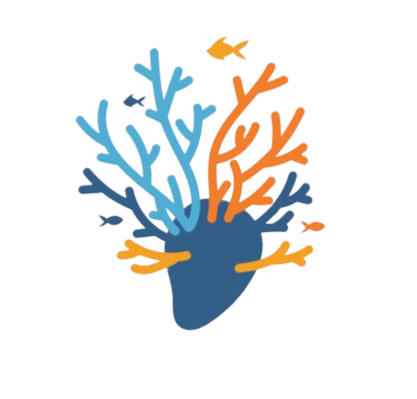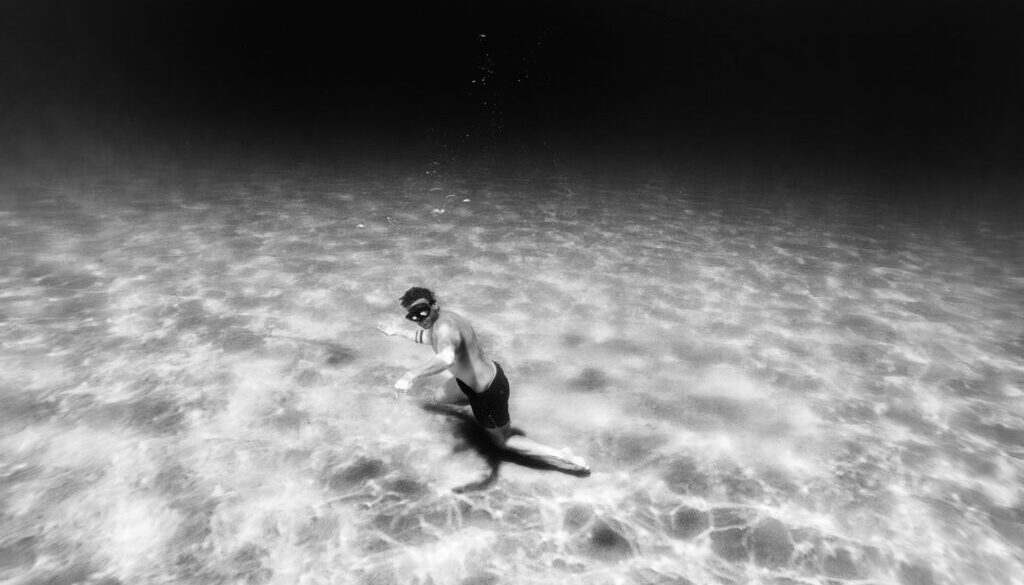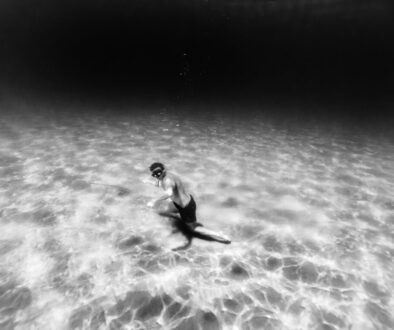Into the Blue: A Beginner’s Ultimate Guide to Scuba Diving
Scuba diving offers an extraordinary window into the vibrant and diverse world beneath the waves. As a beginner, the prospect of breathing underwater and exploring the hidden depths might seem daunting, yet scuba diving is an accessible and exhilarating sport when approached with the right knowledge and training. This blog post serves as your comprehensive guide to starting your scuba diving adventure.
Understanding Scuba Diving
Scuba, an acronym for Self-Contained Underwater Breathing Apparatus, enables divers to breathe underwater using a tank of compressed air. Unlike snorkeling or freediving, scuba diving allows you to stay submerged for extended periods, offering a deeper immersion in the aquatic environment.
Getting Started: Learning and Certification
The first step to becoming a scuba diver is to get certified. Certification courses are offered by various organizations like PADI (Professional Association of Diving Instructors), SSI (Scuba Schools International), and NAUI (National Association of Underwater Instructors), among others. These courses ensure you are well-trained in using scuba equipment and understand all safety procedures.
Choosing a Certification Course
When selecting a course, consider the credibility of the institution and the experience of the instructors. Most beginner courses, such as PADI’s Open Water Diver or SSI’s Scuba Diver certification, include three main components:
- Classroom Learning: You’ll learn the fundamentals of dive theory, including dive planning, equipment, and safety.
- Confined Water Dives: Practice your skills in a pool or calm shallow water.
- Open Water Dives: Apply what you’ve learned in an open water setting under the supervision of your instructor.
Upon completion, you’ll be certified to dive up to 18 meters (60 feet) deep.
Essential Scuba Gear
Scuba diving gear is designed to make underwater exploration possible and safe. Here’s the basic equipment every diver needs:
- Mask: A good-fitting mask provides clear vision underwater and creates an air space so you can see.
- Snorkel: Useful at the surface to conserve tank air.
- Fins: Provide efficient movement through the water.
- Scuba Tank: Contains the compressed air you breathe.
- Regulator: Reduces the high pressure in the tank to ambient pressure you can breathe.
- Buoyancy Control Device (BCD): Allows you to control your movement by adjusting buoyancy.
- Dive Computer: Keeps track of your depth, bottom time, and ascent rate, helping manage your dive profile to avoid decompression sickness.
Preparing for Your First Dive
Before your first dive, ensure you are comfortable with your equipment and fully understand its operation. Practice setting up your gear, clearing your mask, and equalizing pressure in your ears as you descend.
Fitness is also crucial in diving. Basic swimming skills are mandatory, and a reasonable level of physical fitness will help you manage the physical demands of scuba diving.
Safety Considerations
Scuba diving is thrilling, but respect for safety procedures is essential to prevent accidents:
- Never dive alone. Always dive with a buddy or within a group.
- Monitor your air supply. Keep an eye on your air gauge to ensure you have enough air to return to the surface safely.
- Ascend slowly and perform safety stops to avoid decompression sickness.
- Be aware of your environment. Avoid touching or disturbing marine life and stay aware of your surroundings.
Overcoming Common Challenges
New divers might face challenges such as equalizing pressure, buoyancy control, or managing air consumption. These skills will improve with practice and experience. Listening to your instructor and diving regularly can help you become more comfortable and proficient underwater.
The Joy of Diving
The real joy of scuba diving comes from the incredible experiences it offers. Imagine floating weightlessly in crystal-clear water, exploring coral reefs teeming with colorful fish, discovering historic shipwrecks, or encountering marine life like turtles and dolphins in their natural habitat.
Continued Learning and Advanced Certifications
After mastering the basics, you can explore advanced certifications like Advanced Open Water, Rescue Diver, or specialized courses such as wreck diving, night diving, or underwater photography. Each course opens new doors to different adventures and challenges.
Conclusion
Scuba diving is more than just a sport or hobby; it’s an exploration of the vast and beautiful underwater world. With the right training, equipment, and respect for the marine environment, it can provide lifelong enjoyment and the thrill of discovering the unknown. Dive in, the ocean awaits!


